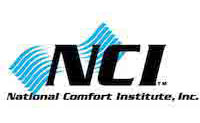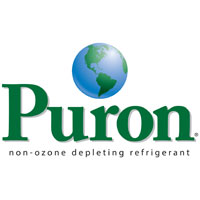Climate change has increased the number and intensity of floods, heat waves and other extreme weather patterns. These weather conditions affect indoor air by changing the way homeowners heat and cool their homes, and by impacting home structures.
How Extreme Weather Affects Homes
Severe weather can take a particular toll on a home and its occupants in the following ways:
- Intense heat outdoors can cause prolonged heat stress on a home’s structure.
- High temperatures cause an increase in pollen production, which impacts both outdoor and indoor air quality.
- Storms can cause power failures and brownouts, and many homeowners respond by using electrical power generators indoors, which can lead to dangerously high carbon monoxide levels.
- Prolonged and uncharacteristic wetness and rain outdoors can result in allergen production and mold growth indoors.
The Affect of Increased Central Air Conditioning
When the weather changes, homeowners are apt to use their air conditioning more often. While air conditioning in and of itself isn’t a problem, it can cause problems if the homeowner doesn’t stay up-to-date on maintenance and cleanings. Cool air results in increased humidity. This causes moisture to build up in the air conditioner coil, and dust can build up as well if your unit lacks a good filtration system. That wet dust then turns into mold.
How to Protect Your Indoor Air
Air conditioners aren’t dangerous when proper precautions are taken. One of the most important steps is to change your air filter regularly. Make sure your filter has a minimum efficiency reporting value (MERV) of 8. For those with allergies, MERV-11 is recommended. Air filters prevent dust from passing through the filter and into the indoor air. For new air conditioning systems, the air filter will prevent mold, and it will lessen the mold in older systems. Air filters can be bought at most hardware stores.
Investing in regular maintenance goes a long way toward protecting your indoor air, no matter the weather. Contact McMaster Heating and Air Conditioning for a tune-up of your system, so you won’t be caught off guard during the next weather emergency. Getting thorough maintenance on your HVAC system before the start of the summer can help your unit work properly during the hot months and can keep your indoor air from becoming problematic.













